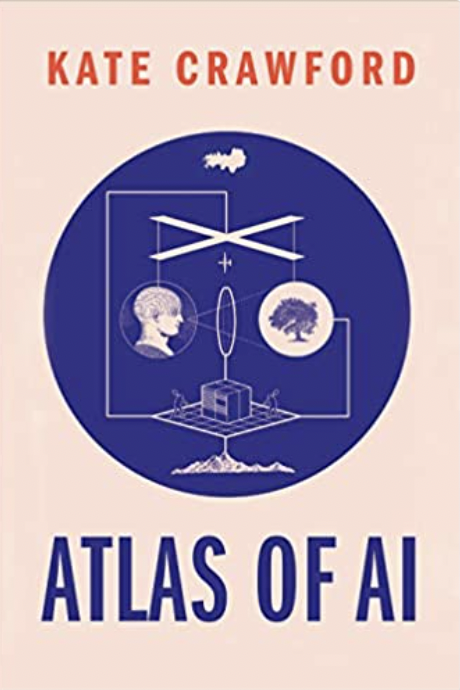
Hidden cost of AI from privacy, equality, and freedom


Ever wondered what happens when artificial intelligence is shaping our understanding of ourselves, our societies and saturates our political life and depletes our planet? Dr Kate Crawford, senior principal researcher at Microsoft Research, co-founder and director of research at the AI Now Institute at NYU, a visiting professor at the MIT Center for Civic Media, a senior fellow at the Information Law Institute at NYU and an associate professor in the Journalism and Media Research Centre at the University of New South Wales, a member of the WEF’s Global Agenda Council on Data-Driven Development, a research professor at USC, Annesberg, provides a valuable corrective to the hyped up AI and reveals how this planetary network is fuelling a shift toward undemocratic governance and increased inequality. Crawford shows us how AI is a technology of extraction: from the energy and minerals needed to build and sustain its infrastructure, to the exploited workers behind automated services, so that the data AI collects from us, rather than the narrow focus on code and algorithms. Crawford explains what it takes to make Artificial Intelligence and where it goes wrong. The technical systems present a veneer of objectivity and are always systems of power. Atlas of AI is a detailed account of what is at stake as the ever powerful technology companies use artificial intelligence to reshape our world.
Giant Tech companies and venture capital companies are pouring in billions of dollars into developing AI systems, while governments, regulators, and civil society are scrambling to catch up with the latest breakthroughs a Atlas of AI: Power, Politics, and the Planetary Costs of Artificial Intelligence by Kate Crawford nd comprehend their implications.
Crawford maps up a strong framework to understand the dangers of this technological revolution and its environmental costs and suggests how we can best steer it towards more positive outcomes.
In the early 18th century American scientist Samuel Morton, who estimated brain sizes in cubic inches, warned us dangers of drawing point blank conclusions from data. He after classifying the five races of the world: African, Native American, Caucasian, Malay and Mongolian, placed Caucasian skulls at the top of his hierarchy and African ones at the bottom, justifying supremacy of White men and legitimacy of slavery. Mortons measurements later were found to contain egregious errors as he ignored basic data fact that the bigger the human the bigger the brain. Size does not equate with intelligence
“The practices of classification that Morton used were inherently political and his invalid assumptions about intelligence, race, and biology had far ranging social and economic effects” writes Dr Kate Crawford.
All more accurately defined as machine learning is designed to discriminate: to identify patterns and separate the exceptional form the norm. So we must be extremely careful in deciding how we chose our data, how we decide to classify, how we select our data and build our models and what action we take based on their output. Classified systems are embedded in a framework of societal norms, opinions and values.
Machine learning systems are run our internet search engines, recommended products, and services to us, influence hiring and firing decisions in the workplace, and parole and sentencing decisions in the courtrooms.
Atlas of AI downplays the existential risks posed by AI, an focus on immediate and practical challenges of using machines to enhance humanity, rather than replace it.
According to Crawford Artificial Intelligence is neither artificial nor intelligent. “rather artificial intelligence is both embodied and material made from natural resources, fuel, human labour, infrastructure logistics, histories and classifications.
AI systems are not autonomous, rational or able to discern anything “without extensive computationally intensive training with large data sets or predefined rules and rewards. AI is therefore registry of power” writes Crawford.
Atlas of AI: Power, Politics, and the Planetary Costs of Artificial Intelligence by Kate Crawford, Yale University Press, £20.95, 288 pages
